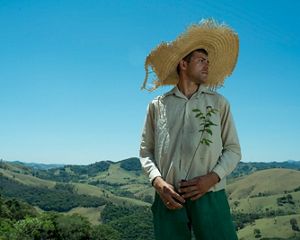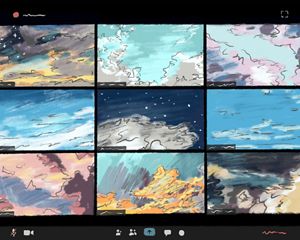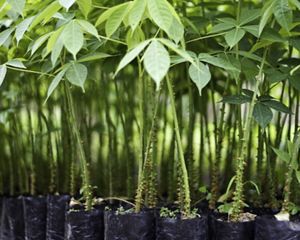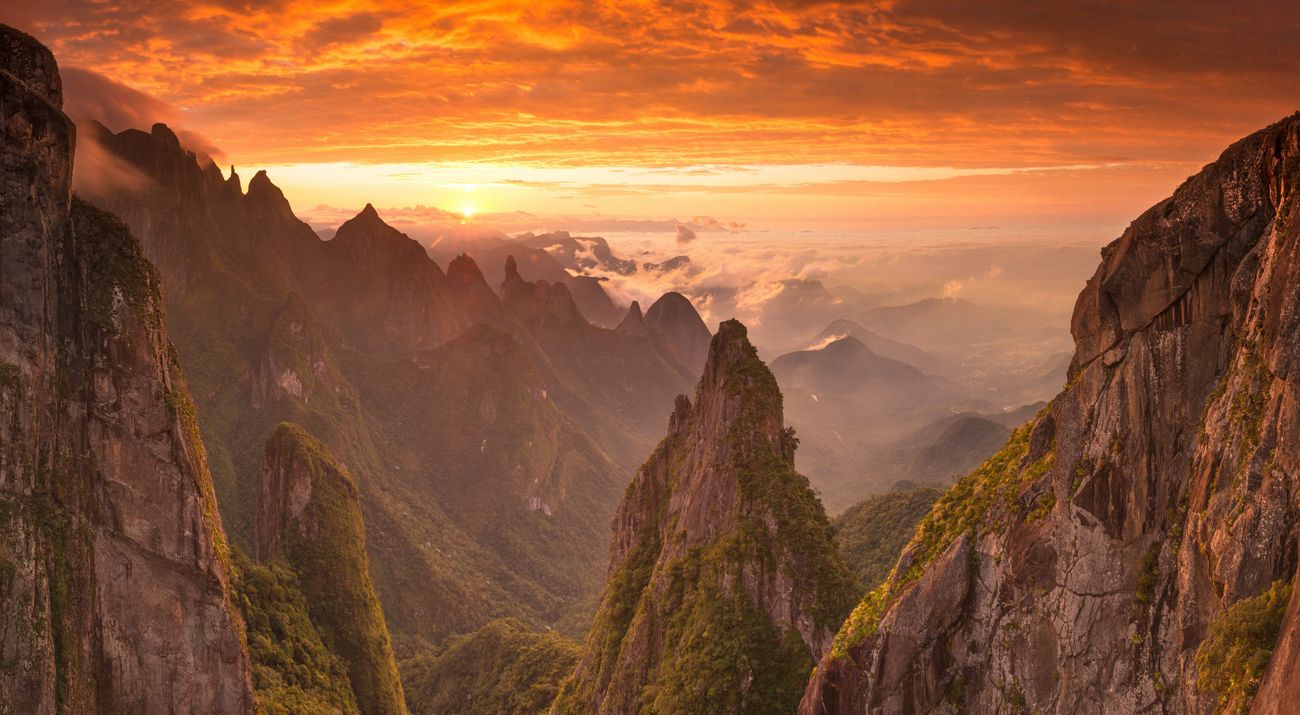
Science, Natural Resources and Planetary Health
Rubens Benini, forest restoration strategy lead for TNC in Latin America
We think of climate change as a contemporary crisis, but already two hundred years ago, German Alexander von Humboldt observed human-made climate change on a local scale, and warned that "humans were interfering with the climate and that that would impact future generations." Although he lived in the eighteenth century, Humboldt already perceived the fragile relationship between people and nature.
In 1869, exactly 100 years after Humboldt's birth, Ernst Haeckel, another German, proposed the concept of "ecology." Haeckel realized the need to create a specific branch of science that would deal with the relationship between living beings and the environment in which they lived. Ecology became an established science by the mid-twentieth century and over the last 50 years has demonstrated the interconnection between the elements of living systems—including human societies.
In spite of these contributions, the way society has seen the role of science in the world has varied over the centuries. Humboldt was lucky—many other scientists and explorers were sentenced to prison or even death for bringing knowledge that today is obvious to us, such as the shape of our planet. Today, we again see attacks on scientists, and often important warnings to humanity are ignored.
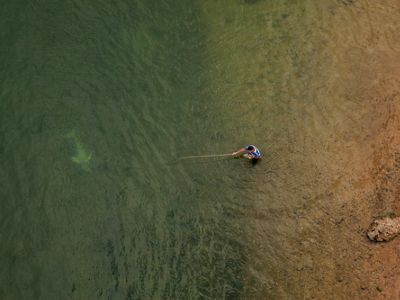
Just consider the World Economic Forum’s latest Global Risks Report. For the first time in the survey’s ten-year outlook, the top five global risks in terms of likelihood are all environmental. Climate change and the overuse of natural resources and environmental degradation today have a direct effect on people's health, on the generation and distribution of income, and on global inequality and mass migrations, which in turn threaten socio-economic and political stability around the world.
And now on top of climate change and other environmental risks, we are confronting an unprecedented pandemic, the scope of which is still uncertain, generating further socio-economic instability. We don’t know how long it will take to develop treatments and vaccines; meanwhile, the melting ice caps pose their own risks. This is not a time to just seek the cure for specific problems—we need to solve what causes them.
Economic models have traditionally seen natural goods and ecosystem services as mere externalities, and they are not considered in the accounting of global production. Neither are they included as parameters in indexes used to measure global economies and human development.
This has created an imbalance between how we think about nature and how we invest in nature. Environmental sustainability in the coming decades must mean incorporating ecological function in the working of the economy.
That’s particularly relevant to our current situation. Building nature into recovery plans will not only stimulate growth, job creation and sustainable livelihoods, but also bolster resilience to other challenges like climate change, the loss of biodiversity and their associated public health effects.
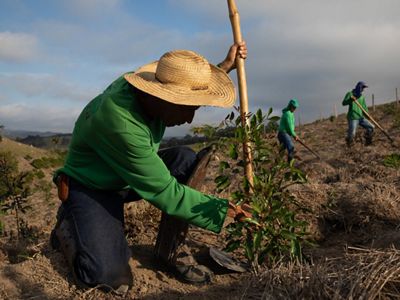
If there is one thing history shows, it’s that human beings can adapt to change. The advances provided by science and technology may yet contribute to a new economy based on clean production mechanisms and clean energy, one that is committed to preserving stocks of raw materials, to the recovery of previously degraded areas, and to the inclusion of marginalized peoples and sustainable livelihoods in the process of socio-economic development.
We have seen that low-carbon production models based on conserving nature—rather than exploiting it—are possible. The valuation, conservation and recovery of forests can contribute to the sustainable production of raw materials and the maintenance of ecosystem services generate employment and income, even though they have not been incorporated into the economic growth indexes up to now.
We need to make this shift in our economy, urgently. Since the breakout of COVID-19 there have been many studies looking at the links between environmental degradation and disease, and the correlation between climate change and the proliferation of pathogenic organisms. But there is still time to mitigate or diminish the impacts of these challenges—and our science shows us the solutions.
We must act on nature’s solutions to bring water and food security and ensure greater health as we seek a new model of economic development. We already know that conservation and productivity should be considered together in a systemic approach. If we listen to our scientists as we pursue this scenario, we have an opportunity to transform Brazil into a sustainable power and an example for the world.
Global Insights
Check out our latest thinking and real-world solutions to some of the most complex challenges facing people and the planet today.
